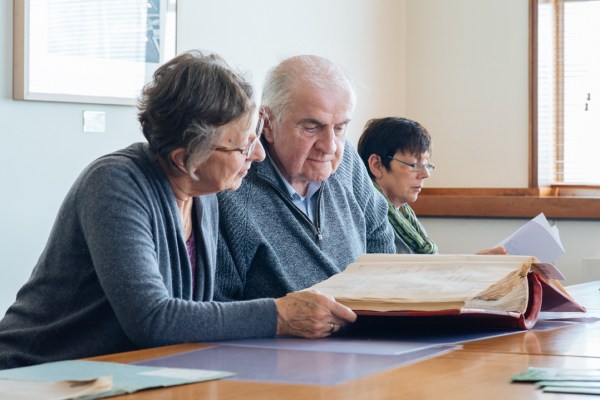A group visit is an interesting way to learn more about the National Archives and our collections.
General group visits
These visits are suitable for groups who want to learn more about the National Archives and get guidance on archival research. Unfortunately, we are unable to host visits by primary school groups.
Your group will enjoy:
- A talk about our work and the services we offer
- Guidance on using our finding aids and catalogues
Duration and cost
Group visits are free of charge and usually last an hour.
Research group visits
These group visits are suitable for research groups looking for a tailored and more in-depth experience. A research visit consists of:
- 45-minute tailored introduction to archives and archival research
- Advice on how to use catalogues and finding aids to access documents
- 15-minute question and answer session with the archivist
This introduction can also be presented by video conference if the group cannot visit in person.
Duration and cost
Research group visits are free of charge and usually last an hour.
Arrange a group visit
If you are interested in booking a group visit, please complete the form below and we will be in contact with you. Please note that requests for group visits must be made at least 4 weeks in advance of the desired date.
